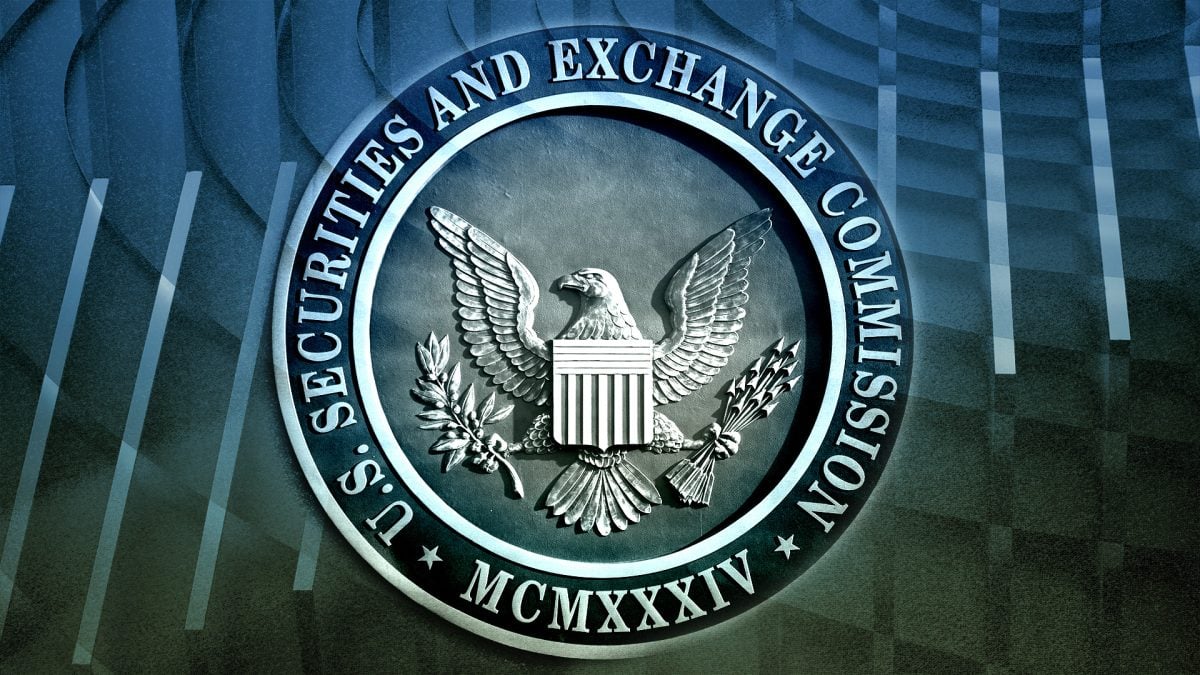
The Securities and Exchange Commission (SEC) recently issued new laws for market players with major liquidity-providing responsibilities, broadening its authority to include bitcoin transactions. According to these restrictions, persons dealing in crypto assets, securities, or government securities with more than $50 million holdings must follow federal securities laws.
One of the main provisions of the regulations requires those who regularly trade, especially when it comes to lending liquidity to other traders, to register as dealers. The SEC aims to address liquidity concerns in the $26 trillion Treasury market through rules. Restructuring market dynamics is a larger goal that includes the SEC’s regulations. This entails using centralized exchanges and clearinghouses more often to facilitate trade.
Peter Schiff, a well-known financial expert critical of Bitcoin, strongly disagrees with the SEC’s decision. He says the SEC is overstepping its authority by changing terms like “security dealer” without approval from Congress. Schiff warns this could lead to higher trading costs and less market liquidity.
How can the #SEC, a government agency, on its own change the definition of a "security dealer," so that it can regulate something that is not actually a security dealer, without any law having been passed to authorize such regulation? We are a nation of laws, not bureaucrats.
— Peter Schiff (@PeterSchiff) February 6, 2024
SEC Critique: Crypto Autonomy Clash
Schiff’s harsh criticism highlights wider issues over the regulatory management of financial markets. At the same time, proponents advocate for the essential measures to protect investors and maintain market stability. Critics like Schiff caution against excessive government interference. They believe it will hinder financial innovation and disturb generally efficient market dynamics that have evolved naturally over time.
Furthermore, when the SEC’s new laws go into force, the conflict between regulatory monitoring and the ideas of decentralization and autonomy inside the Bitcoin ecosystem is expected to worsen. This battle will significantly impact the future of digital asset markets in the United States. The SEC thinks the measures would reduce possible risks, but opponents see overreach that might do more harm than good.
Related Reading | Ethereum Block Optimization: Vitalik Buterin’s Rollup Solutions








